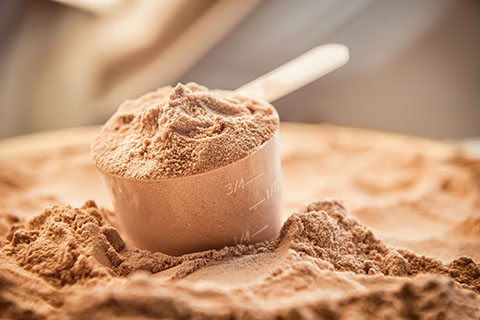
If you suffer from chronic pain and discomfort, your body is in an inflammatory state. Unfortunately, inflammation is like a double-edged sword. It’s your body’s way of healing cell damage. But in overdrive, it becomes dangerous and can lead to conditions such as arthritis, heart disease, stroke, and diabetes. Here are five inflammation inducing foods… Read more »









